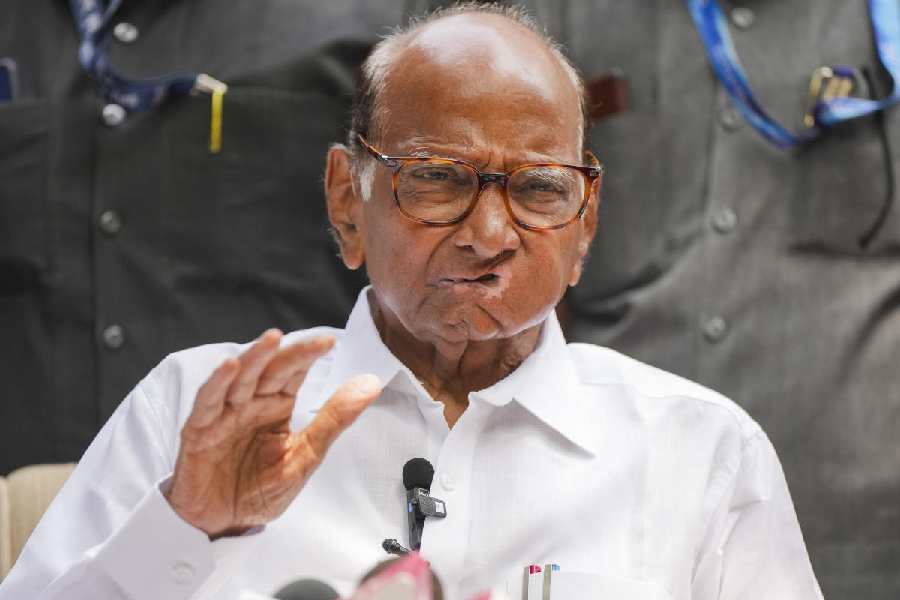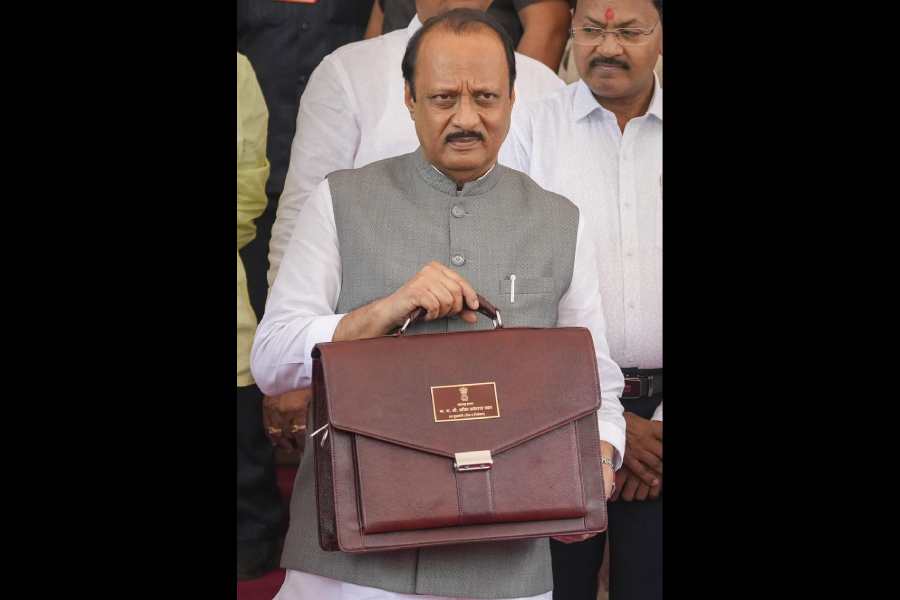The privatisation of Air India and BPCL should be delayed in the current global situation as they may not get the right valuation, feel analysts.
The coronavirus pandemic has led to a meltdown in the stock market, travel restrictions which have hit the global aviation industry and global crude prices tanking because of increased output by Saudi Arabia following a disagreement with Russia on production cuts.
“The present state of the markets is not favourable for divestment. Valuations will tend to be low. Besides, the impact of the virus has been sharp on the aviation industry… the Air India sale looks weak as the aviation industry is down and one is not sure how it will fare or when it will recover with the entire travel and tourism industry being affected,” according to Madan Sabnavis, chief economist at Care Ratings.
“Saudi Arabia has added a new dimension to the crude warfare, which will make oil companies less competitive and hence the sale of an oil company such as BPCL may not be appropriate now. It is expected that a bidder could be from outside, which now makes the valuation tricky given that oil prices have crashed and will be volatile,” he said.
Mark Martin of Martin Consulting said: “The government seems to have got the sale timing (for AI) wrong. The carrier has an enormous value… would be better to wait than engage in a garage sale. The global aviation industry is on a nose-dive at this juncture with coronavirus adding to their woes. Banks would be wary to fund such acquisitions.”
“Even if the coronavirus scare fades, excess supply from Saudi Arabia and Russia will persist. Econometric models are useless when trying to forecast geopolitical decisions,” Chris Lafakis, energy economist at Moody’s Analytics said in a note.










